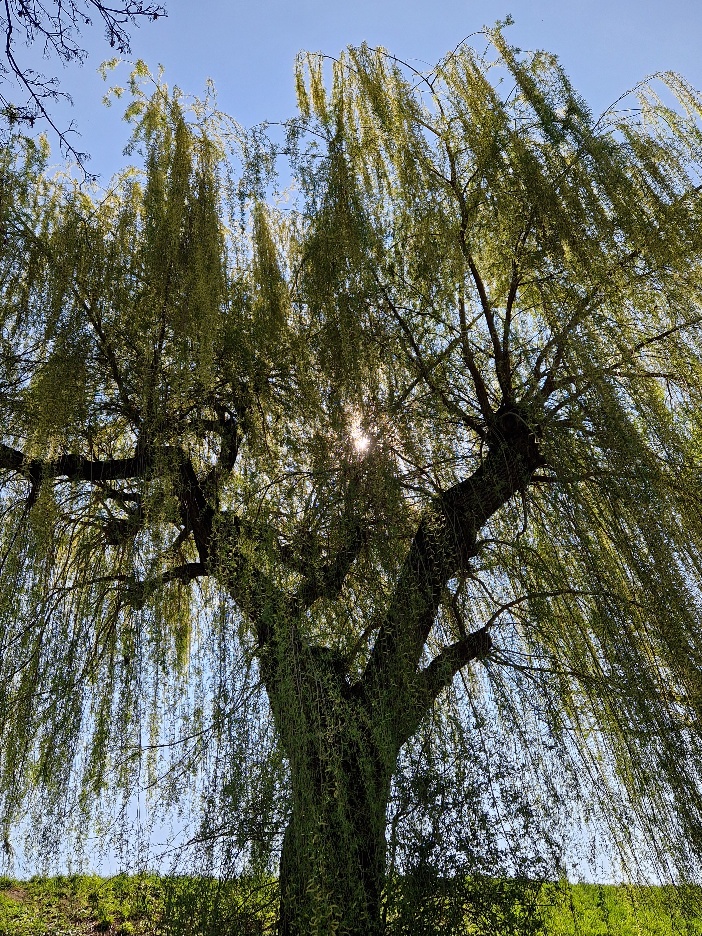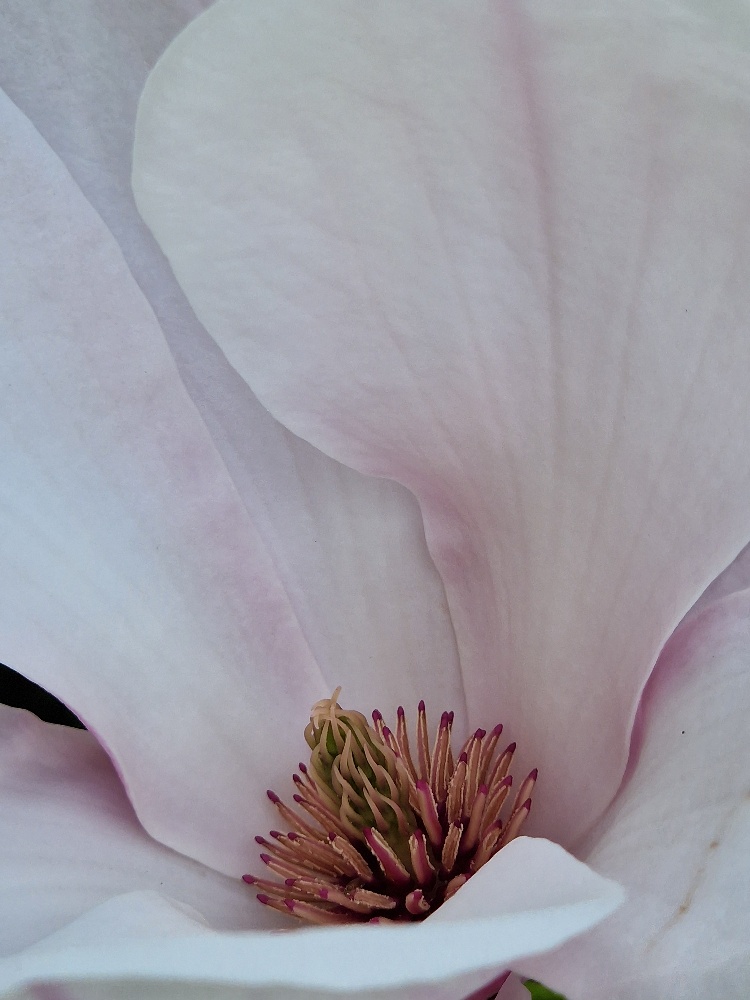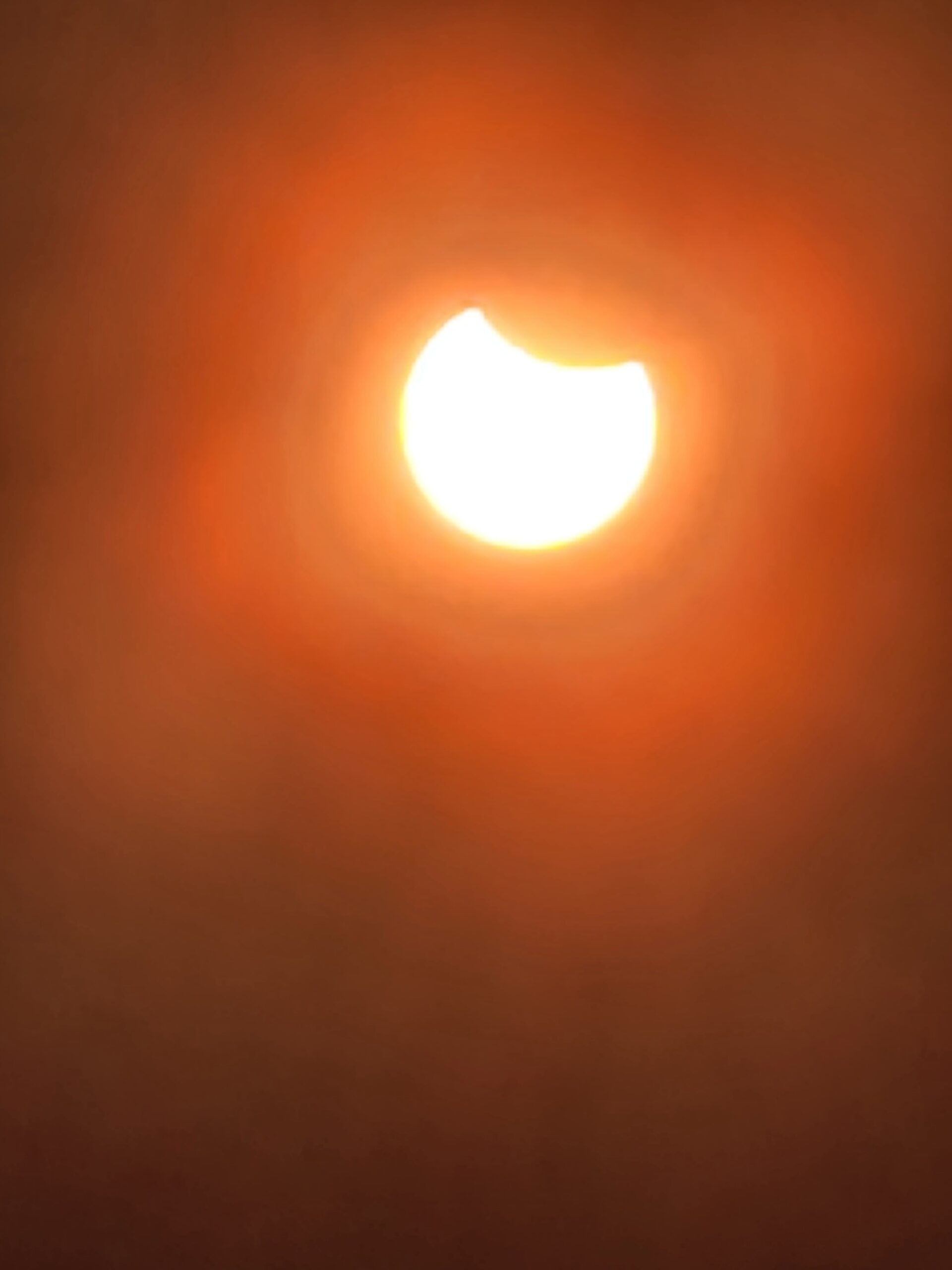In practical zen this is called small mind, the mind with only its idea of itself as context… We recognise that this holding only leads to deeper levels of unconsciousness. And we exhale, the great sigh of letting go passing beyond the tiny world of my pain, my difficulties, to the universality of the pain, the difficulties. This is big mind. Small mind is the personal. Big mind the universal. Small mind relates from its contents. Big mind relates to its contents.
Stephen & Ondrea Levine, Embracing The Beloved
Nobody can fall so low unless he has a great depth. If such a thing can happen to a man, it challenges his best and highest on the other side; that is to say, this depth corresponds to a potential height, and the blackest darkness to a hidden light.
Carl Jung, The Symbolic Life
The art of not experiencing feelings. A child can experience her feelings only when there is somebody there who accepts her fully, understands her, and supports her. If that person is missing, if the child must risk losing the mother’s love of her substitute in order to feel, then she will repress emotions.
Alice Miller, The Drama Of The Gifted Child
My life has been a mixed bag of `the blackest darkness´ and some `hidden lights´. After a childhood marked by adversity, I spent 26 years self-medicating with workaholism, alcohol, and other drugs, the goal being to get out of my mind. Because my mind was tormenting me so, telling me that being in my own skin was something that could not be endured, the pursuit of that primary goal seemed to be entirely appropriate. It only made matters worse, however.
Since getting sober twenty years ago, I have become familiar with, and equipped myself with an array of resources, some ancient, some recently developed which help me deal with life in a healthier manner. I now realise that they have also been helping me get out of my mind, albeit in very different manner.
In Twelve Step recovery circles, we often hear the epigram: `The good news is, you get your feelings back; the bad news is, you get your feelings back´. There is a grin on my face as I write this statement. How true this has been for me since embarking on this journey of recovery in 2003.
Looking back, it is clear that in blocking out the distressing feelings, which were too overwhelming for me as a child, I had more or less succeeded in blocking out all feelings, such that I had no clue who I really was. What we resist persists, however. On another level, I had fallen prey to the illusion that I was my feelings. Since these were coming at me out of nowhere in rapid fire succession in a manner typical of those stressful, hectic, and very intense video games, this was not a good place to be. Emotionally, I had become a loose canon.
Recovery is about moving from illusion to truth. We acquire the insights and tools required to escape the bondage of constant anxiety and fear. Now it is clear that, while I have my feelings, I am not my feelings. That is a great leap forward indeed. It is not the full story, however, as beautifully elaborated by Stephen and Ondrea Levine in their inspiring book on cultivating Spirit in relationships, `Embracing The Beloved´.
Here they write: Usually when we speak about the pain in relationship, the difficulty of relating, we are speaking from a place we refer to as my pain, my relationship difficulty. In that pain, so identified as/with self, there is little room for `the other´, much less the Beloved… All that is experienced is a personal sense of separation, little me identified with its separate contents.
The passage on `big mind, small mind´, about passing beyond the tiny world of my pain, my difficulties, to the universality of the pain, the difficulties, quoted at the top of this essay, then follows. It resonated deeply with me when I read it this week. As is often the case, this was because I had already experienced the concept, but the verbal formulation had not yet taken shape in my mind. Up to now, I had not been able to cognitively grasp or convey my experience.
Self actualisation, expansion of consciousness, recovery, or – in the simple words of a friend, `getting to know ourselves better´, – is a process of paradox. As we move from perceiving the world exclusively from the personal perspective and the rational mind, – the domain of the ego, to where we had withdrawn early in life seeking shelter and protection, – to opening our hearts and souls in courage and faith, we recognise aspects of ourselves hitherto hidden from view.
Jung called this `the shadow´. It takes immense courage and faith to go deep within and face our demons. Once identified, we can enter into a loving dance with them, trusting that, with practice, this dance can and will be led by the loving, higher energies immanent in each and every one of us. We shift from the fear-driven perspective to a modus operandi driven by loving-kindness. Marianne Williamson, in her commentaries on A Course In Miracles says that `a miracle is a shift from fear to love´. My experience confirms this. Desperation is often the ultimate motivator for doing this work.
Here it is important to point out that such concepts as small mind/big mind are tools, like maps, which help us better understand human nature. They are merely signposts to reality, not reality itself. The finger pointing to the moon is not the moon. The map is not the terrain, just as the psychological or astrological classifications are not the people we are attempting to better understand by applying them. A concept, if not used with great care, can take on a life of its own, thus derailing the process of healing and growth.
The twist in the process of expansion of consciousness, introduced by Stephen and Ondrea Levine is that, having got to know ourselves better and worked through our `personal’ selves, we can then progress from the personal to the universal.
Small mind relates from its contents. In this mode, we see the world as we are.
Big mind relates to its contents. We can now see the world as it is.
Only when we can get out of our story, can we really begin to relate to its contents. This shift reveals to us that those things with which we had identified, those wounds of pain and anger, in their various colours and shades, are what we have in common with all of humanity. This is paradoxically not achieved by destroying the ego or abandoning the self, but by radical acceptance of and sitting with all the old woundedness that we finally allow to well up from the depths within.
Like the serpent, we must first fully embrace our existing skin before it can be shed in the service of our further growth and healing. The new skin is then the sum of all previous skins. Transcending before experiencing, accepting, embracing, and processing is simply a case of spiritual bypassing. If we do this, the issues will keep coming around again and again to confront us until we finally address them.
Then, having processed the feelings, as if scales had fallen from our eyes, we recognise `my pain in yours, my anger in yours, the universal human condition in every human being´. This is the ultimate means by which we move away from `apart from´, getting one step closer to being `a part of´. The power of sharing our stories in recovery groups is a testament to this.
Lonely, lonely, lonely, lonely; a story with a middle only, goes a short poem by the contemporary Irish poet, Paul Durcan. Every addict knows this reality. The deeper we become engulfed in the addictive dynamic, the lonelier we become. We are stymied by the evasive nature of belonging, until it dawns upon us that the bottom of the bottle, the belly of the bong, and whatever we can wring from people, places, and things are merely enticing dummies, offering poor forgeries of that which we so keenly yearn.
In recovery, in eventually doing our inner work while drawing on the collective ancient wisdom of those who have journeyed before us, learning from those who are currently up ahead of us on this path, and passing on what we learn to our fellows, our return to the bosom of belonging slowly materialises. The fulfilment of our deep `longing to belong´ will then have commenced.










